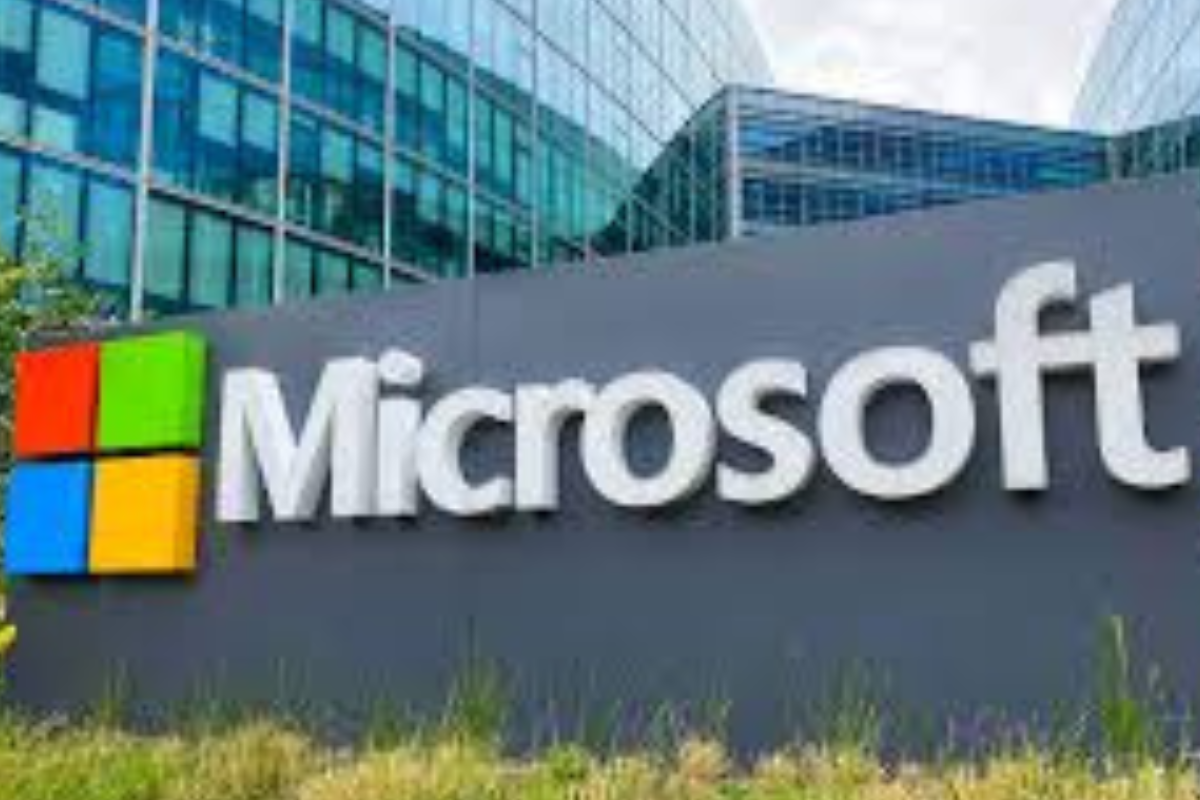Microsoft will make a number of consumer devices hardware and software announcements on Monday at an event held at its Redmond, Washington, campus.
The latest version of the Surface Pro tablet and Surface laptop with Qualcomm chips built on Arm Holdings’ architecture is expected to be unveiled by the Windows manufacturer.
Qualcomm and other producers of lower-power Arm components have attempted to compete in the Windows-PC industry after Intel’s processors controlled the personal computer market for decades.
A “neural processing unit” included in Qualcomm Snapdragon X Elite CPUs is intended to speed up AI-focused apps like Microsoft’s Copilot software.
Journalists and industry analysts are welcome to attend Microsoft’s product event in person, which takes place one day before to the opening of its annual developer conference. There won’t be a live broadcast.
Microsoft wants to maintain its lead in the competition to create AI solutions that users are ready to pay for. As other Big Tech firms compete to dominate the developing industry, it was able to surpass Alphabet thanks to its cooperation with OpenAI, the manufacturer of ChatGPT.
AI voice assistants have had difficulty achieving two key aspects of realistic voice conversations: responding in real time and being interrupted. OpenAI and Alphabet’s Google demonstrated these capabilities last week. Additionally, Google declared that it will be adding a number of generative AI elements to its successful search engine.
Apple has been putting more and more pressure on the PC market ever since it started releasing its own processors based on Arm technologies and stopped using Intel processors. Mac computers now feature faster performance and longer battery life thanks to Apple-designed processors, which consume less energy than chips made by competitors.
In 2016, Microsoft assigned Qualcomm the task of spearheading the project to switch the Windows operating system to Arm’s chip designs. This year marks the end of Qualcomm’s monopoly on Microsoft Windows devices. As other chip makers, like Nvidia are working on producing their own Arm-based PC processors.







